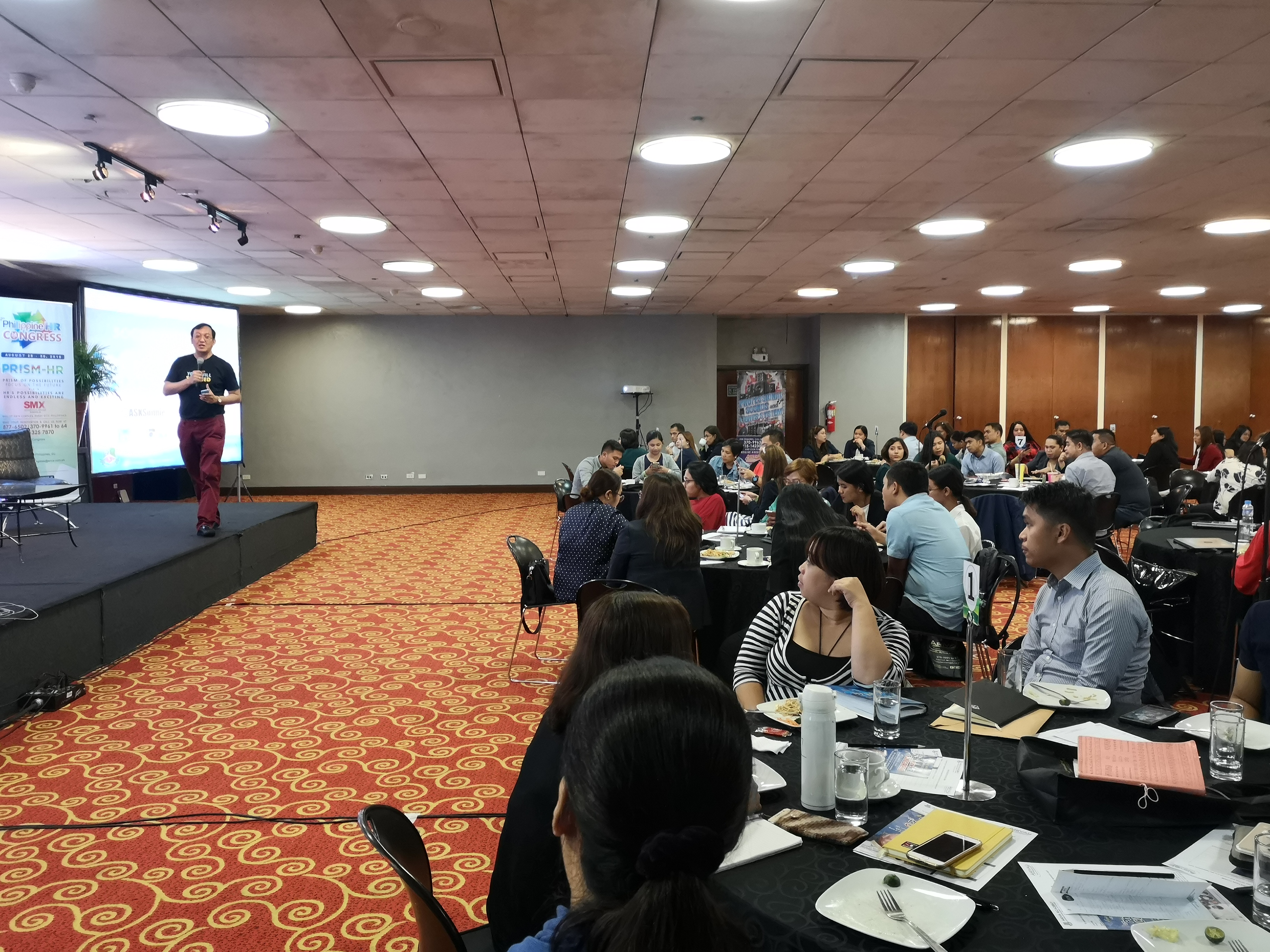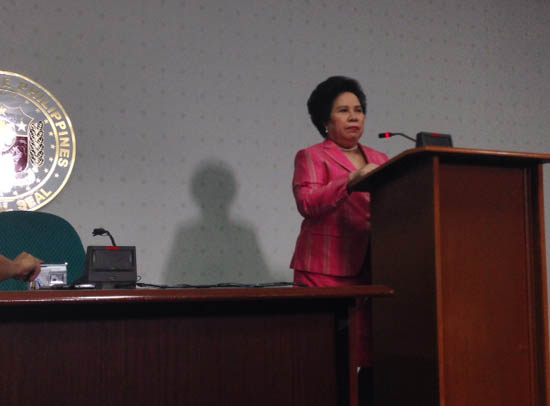Global Integrity Report. Anti-corruption challenges remain in Philippines
Despite strong anti-corruption legislation challenges remain with anti-corruption institutions in the Philippines

Via PCIJ.org
As a local partner of Global Integrity, an award-winning international nonprofit organization that tracks governance and corruption trends globally, the PCIJ is pleased to share with you the results of the 2010 Global Integrity survey of 36 countries, including the Philippines, that was launched worldwide today, 4 May 2011.
This latest study of Global Integrity showed that corruption risks have precisely increased in the run-up to the revolutions that are now buffeting a number of countries in the Middle East and Africa
The study noted that, “Egypt’s performance on key anti-corruption and transparency measures fell consistently from 2006 through the end of 2010, putting increased pressure on the country’s already fragile governance environment in the run-up to the January 2011 revolution.” Similar weaknesses were discovered “across a range of other countries in the Middle East and North Africa including Yemen, Morocco, and the West Bank.”
“The findings for a number of countries in the Middle East and North Africa, both in our 2010 data and looking back several years, paint a disturbing picture,” said Global Integrity’s Managing Director, Nathaniel Heller.
“Countries in the region universally struggle on implementing even the most basic anti-corruption and transparency safeguards, such as ensuring access to government records, protecting an independent media, debating budgets in a transparent manner, and enforcing conflicts of interest safeguards to ensure that public officials do not benefit financially from their positions in government,” said Heller. “With rare exceptions, the Middle East and North Africa is a black hole when it comes to good governance. Perhaps Egypt should have surprised us only in that the revolution took so long to happen.”
The highlights of the report on the Philippines follow:
- “The overall score of the Philippines has improved, driven by a narrowing implementation gap. The Philippines earned high scores on freedom of speech and media. The country has very solid procurement regulations, which seem to be implemented effectively.”
- “While anti-corruption legislation is very strong, the anti-corruption agency does not have the ability to effectively deliver on its remit.”
- “Political financing is an area of weakness and the disclosure of political finance records is a particular concern.”
- “Even though the country’s supreme audit institution is adequately resourced, citizens cannot access its reports, which brings in to question its transparency and accountability function. The testimonies of recent whistle-blowers reveal that there is a culture of omerta within the supreme audit institution with whistle-blowers risking ostracism or physical harm.”
- “Political interference is rampant in the country’s insufficiently funded law enforcement agency.”
The Global Integrity Report: 2010 covers developed countries such as Canada and Italy as well as dozens of the world’s emerging markets and developing nations, from Albania to Cameroon to Tanzania. Rather than measure perceptions of corruption, the report assesses the accountability mechanisms and transparency measures in place (or not) to prevent corruption through more than 300 “Integrity Indicators” as well as journalistic reporting of corruption. Gaps in those safeguards suggest where corruption is more likely to occur.
To access full results, please visit http://www.globalintegrity.org/report.
2010 Report Key Findings Global Integrity Survey of 36 Countries,


